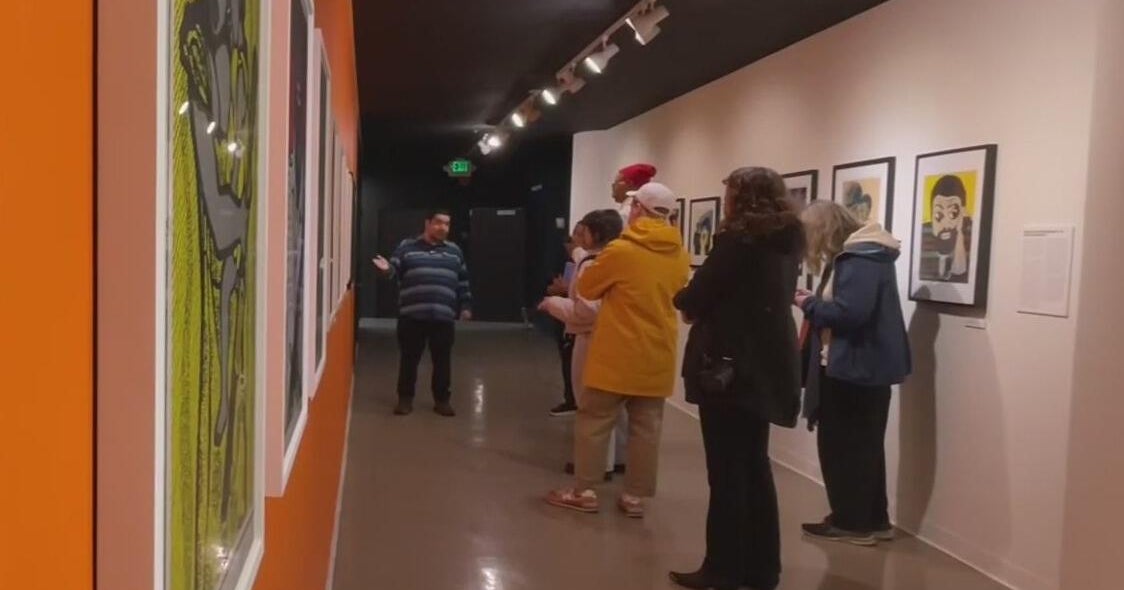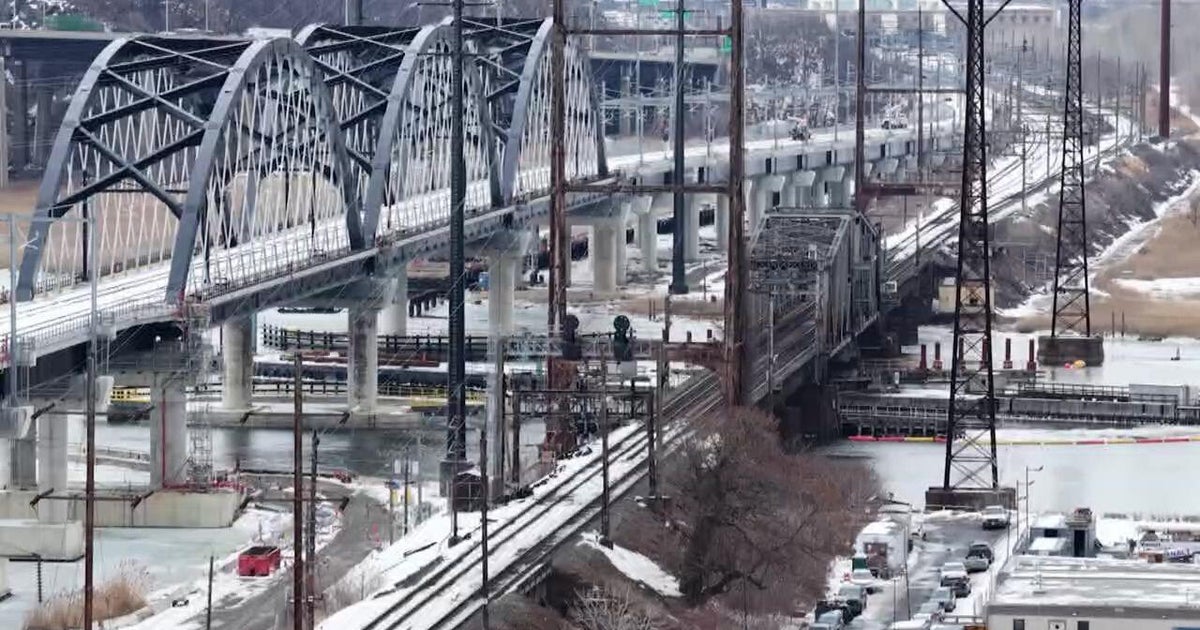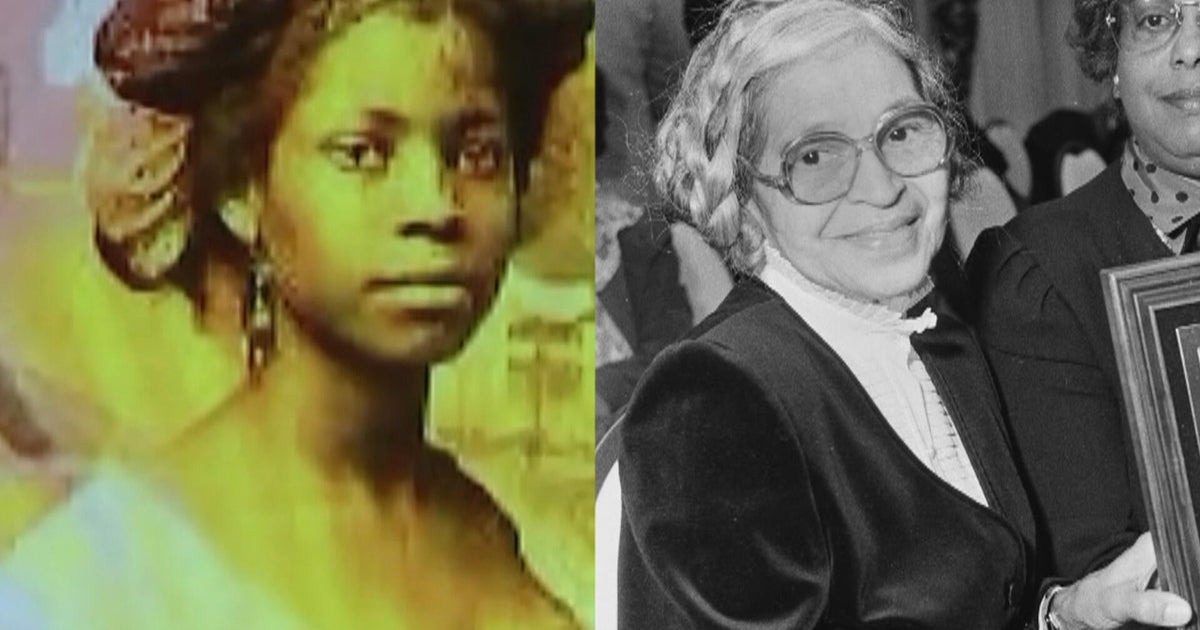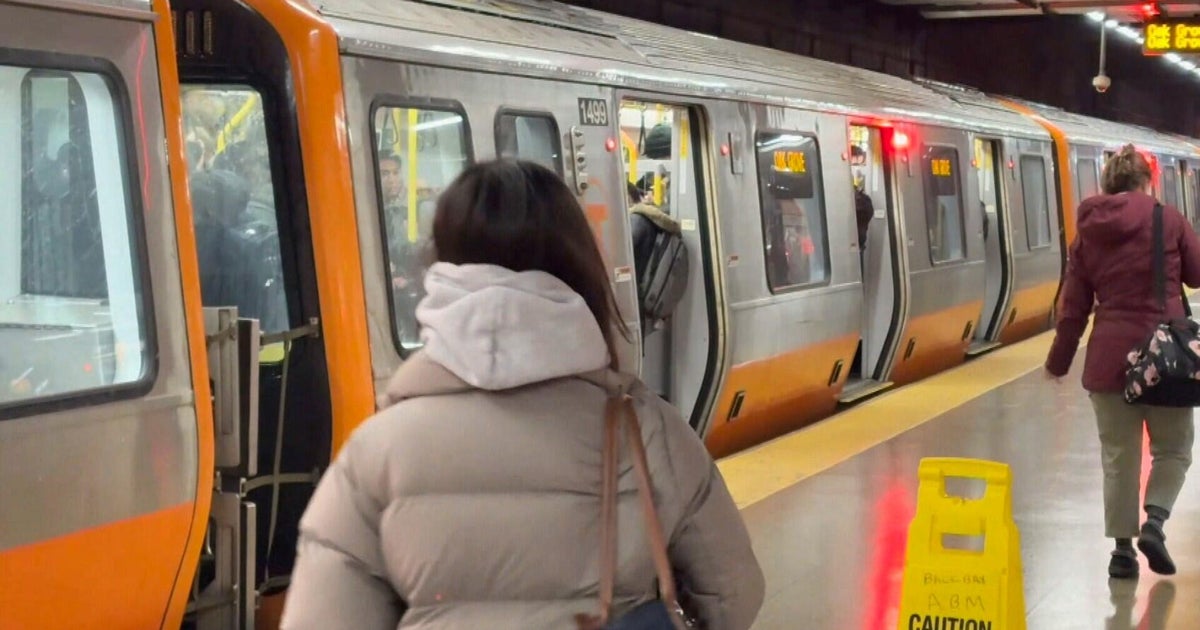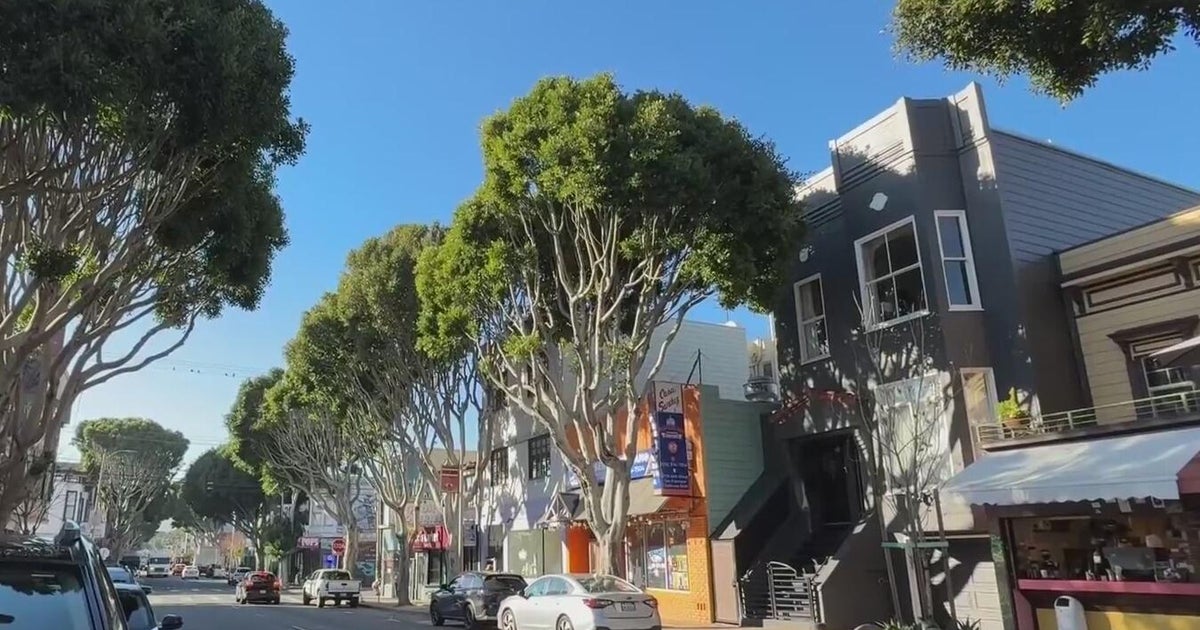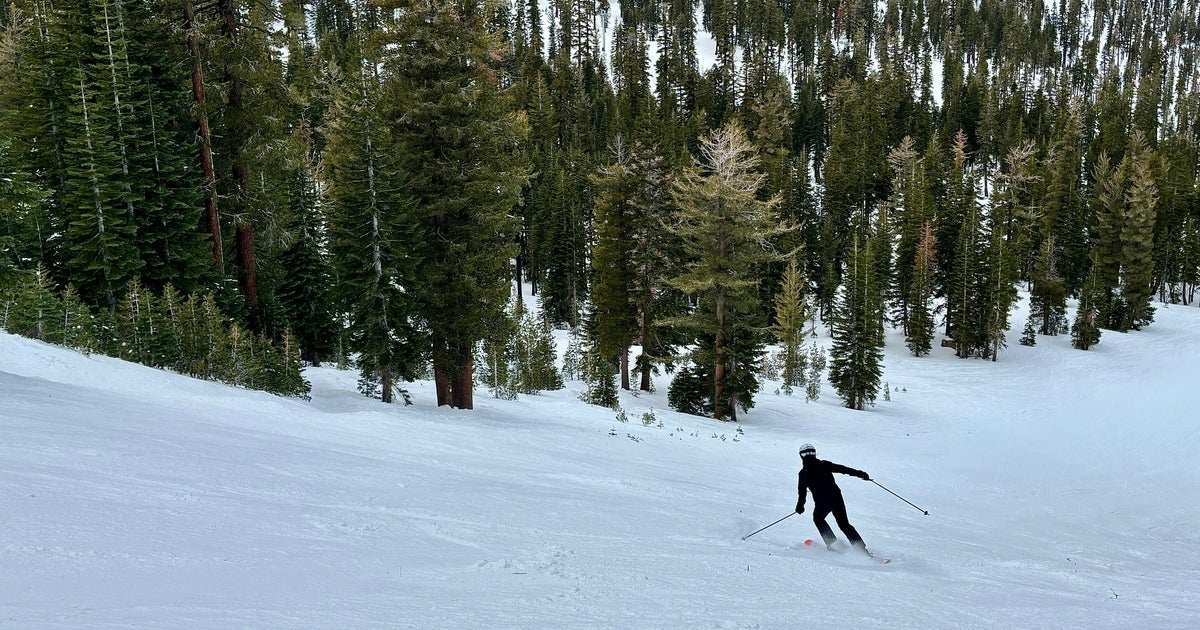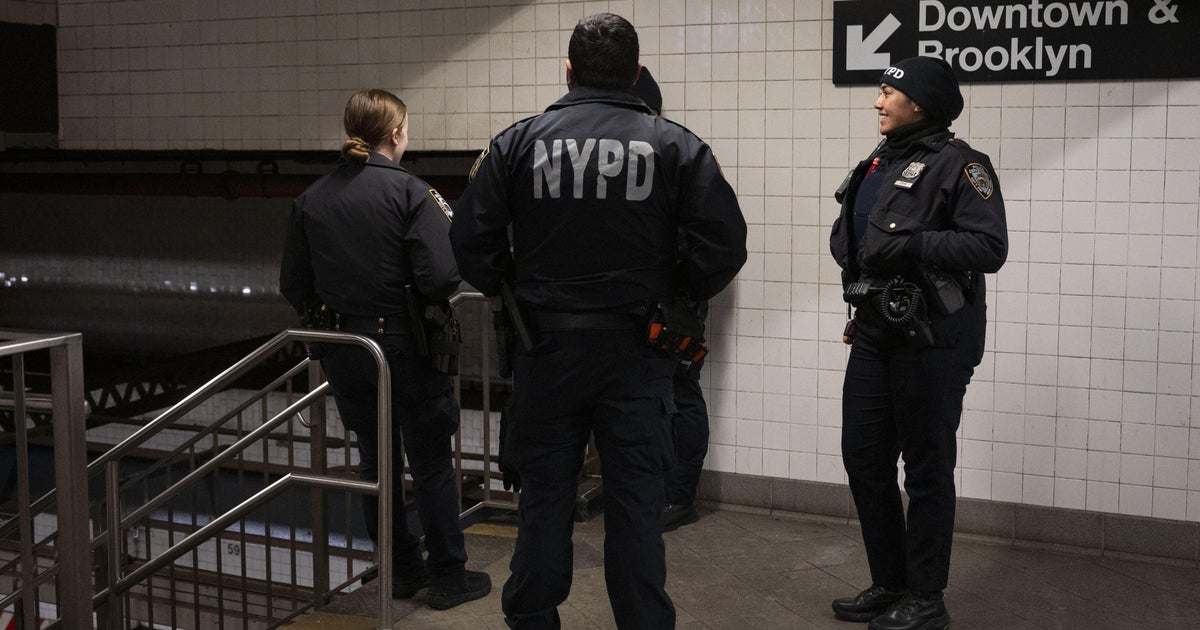Once hailed as pinnacle of mass transit, BART faces cloudy, problematic future
SAN FRANCISCO -- Fifty-one years ago, a brand-new rail transit system opened in the Bay Area, promising to take transportation into the future with comfort, safety and reliability. The public initially embraced Bay Area Rapid Transit or BART, as it was called. But somewhere along the way, things changed. Today, the agency is struggling to lure riders into the trains.
In 1947, a joint Army-Navy report recommended that some kind of tube or tunnel be built under the Bay to transport troops and material in case something should happen to the bridges. From that report, the dream of BART was born. By the '50s and '60s the concern was no longer about moving troops, but about moving cars.
ALSO READ: Crews who deep-clean BART train cars see and scrub it all
"The Bay Bridge was already packed every morning with cars, and so, there had to be a way to relieve that because, you know, people weren't going to be able to get across the bridge anymore," said Mike Healy, who wrote a book about the birth of the transit system.
As unofficial historian and a longtime spokesman for the agency who handled BART's media affairs and marketing for decades, Healy was there in 1972 when the system first started operating. He said those were heady times for the engineers who approached the challenge as if it were a moon shot.
"BART was the first all-new rail rapid transit system to be built in this country since 1907," said Healy. "So it was considered the space-age system at the time. And it was very exciting."
ALSO READ: BART to no longer accept paper tickets starting November 30, 2023
The unofficial slogan among planners was "Pamper the passenger." Magazine ads across the country trumpeted the comfort of the "Tomorrowland" ride, promising "safe, relaxing travel."
"I think it was a very exciting time for the public, the riding public, and they seemed to accept it," Healy said. "There were always little problems, but they seemed to accept it. And ridership grew."
Did it ever. As the population of the East Bay grew, BART cars became cramped at commute hours. And with more people came more problems. Riders had to put up with rude, anti-social behavior and -- in more recent years -- open drug use in aging cars that were often dirty and smelled bad.
ALSO READ: BART grapples with the opioid crisis as overdose deaths in system hit new high
The shiny promise of BART seemed like a distant memory. After the pandemic hit, people suddenly felt they had other options.
"We have deep concerns about BART. It's lost about 60 percent of its average daily riders," said Jim Wunderman, the president and CEO of the Bay Area Council.
That organization helped lay the groundwork for BART back in the 1950s. Over the years, Wunderman says the BART Board has become focused on various social equity issues, establishing policies that have diminished safety on the trains. He said a recent poll shows that customers are avoiding BART for that reason.
"The public doesn't see BART as a social service agency," said Wunderman. "They're not looking for BART to solve the world's problems. They're looking for BART to provide safe, clean, reliable transit. And I think, to some degree, the Board got off in some other directions. And, you know, it needs to really focus on those things, do those things well, and win people back."
ALSO READ: More stories on BART
Has an agency that runs on rails managed to take a wrong turn? Many believe so. But it still has an important role to play in connecting the Bay Area, and there are those who appreciate that.
"I've been out here like 10 months -- I'm from Louisiana -- and they don't have anything like this out there," said East Bay BART rider Mike Byrd. "It's just a good little system. Y'all just don't know what y'all have out here. Like, you should enjoy it. Like, use it."
Mike Healy agreed.
"Not all cities have anything close to what BART is like," he said. "I think the Bay Area is very lucky to have had BART over the years."
The promise still exists -- even if not fully delivered. But to convince riders to return, most agree that something big needs to happen to get BART back on track.
